Moroccan woodworking is an art form steeped in history, deeply embedded in the cultural fabric of Morocco. At Art Maze, we proudly preserve this heritage, ensuring traditional woodworking techniques continue to thrive, passed down meticulously through generations of skilled artisans.
Origins of Moroccan Woodworking
Moroccan woodworking has roots dating back over a thousand years, heavily influenced by Andalusian, Berber, and Islamic traditions. The intricate carvings, geometric patterns, and exquisite craftsmanship first emerged prominently during the medieval period, especially flourishing in cities such as Fez, Marrakech, and Essaouira.
Traditional Techniques and Materials
Moroccan wood artisans, known as “maâlems,” traditionally utilize high-quality materials like cedar, walnut, and olive wood. These artisans master age-old methods:
Carving: Using fine chisels and traditional tools to create detailed geometric and floral designs.
Marquetry: The delicate art of assembling veneer pieces into intricate patterns, adding vibrant color and depth.
Inlaying: Embedding contrasting materials, such as bone, mother-of-pearl, and metals, enhancing visual richness and elegance.
Symbolism in Moroccan Woodwork
Each crafted piece often carries symbolic significance, reflecting Morocco’s cultural and religious heritage. Geometric designs represent unity and the infinite, while floral motifs symbolize nature, fertility, and harmony. Every detail carries meaning, connecting art to deeper cultural narratives.
Preservation at Art Maze
At Art Maze, the legacy of Moroccan woodworking lives on. Our artisans meticulously preserve traditional methods, carefully handing down their knowledge from master to apprentice. This dedication ensures that each piece not only embodies Moroccan heritage but also maintains the highest standards of authenticity and craftsmanship.
Applications in Modern Design
Moroccan woodworking seamlessly integrates with modern design aesthetics:
Furniture: Intricately carved tables, chairs, and cabinets become statement pieces, adding elegance to any interior.
Doors and Panels: Ornate doors and decorative panels create stunning focal points, blending tradition and contemporary styles.
Home Decor: Smaller items, such as intricately designed mirrors, boxes, and trays, offer subtle yet powerful cultural touches to everyday spaces.
Sustainable Craftsmanship
Art Maze emphasizes sustainability, sourcing wood responsibly and supporting local artisan communities. Investing in Moroccan woodworking not only preserves a cultural legacy but also promotes sustainable practices and economic empowerment for artisans.
Conclusion
Moroccan woodworking remains a living tradition, a testament to centuries of artistic mastery and cultural heritage. At Art Maze, we proudly continue this legacy, offering pieces that tell stories of craftsmanship, beauty, and timeless elegance—crafted by hand, cherished through generations.




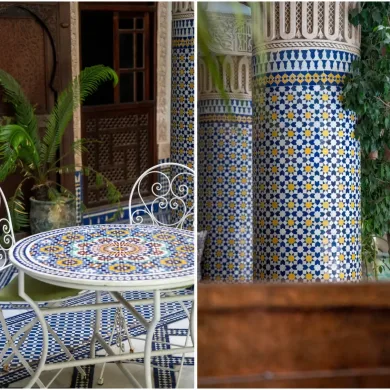
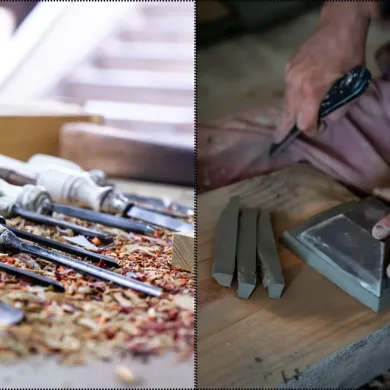
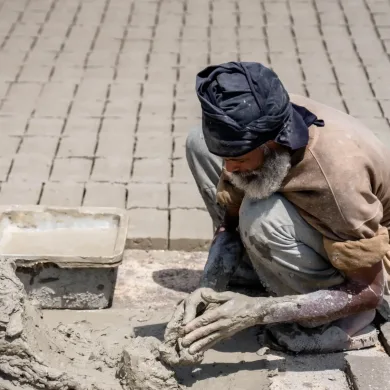
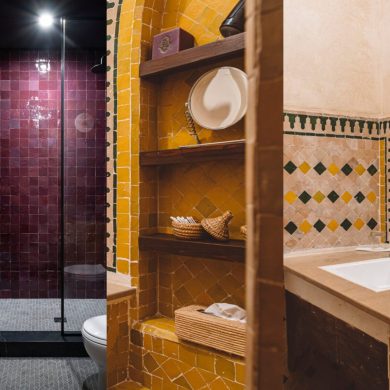
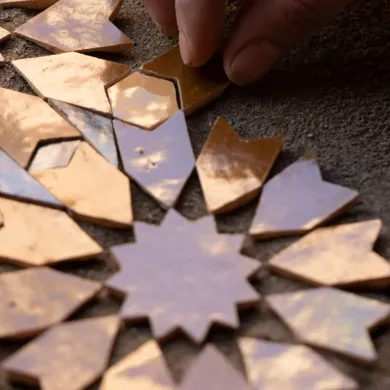
Add comment